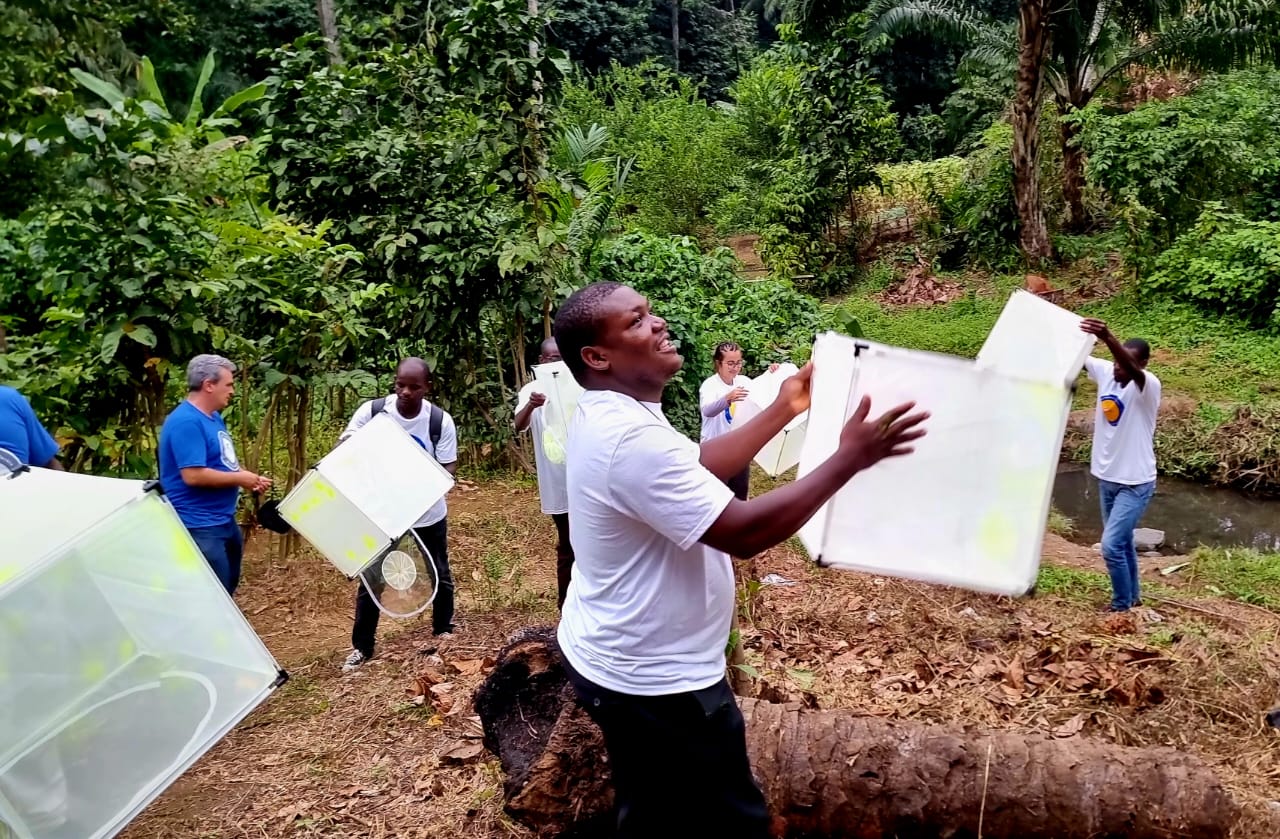By Ana Kormos, Program Manager, University of California Malaria Initiative (UCMI)
The American Society of Tropical Medicine and Hygiene (ASTMH), whose mission is to reduce the worldwide burden of tropical infectious diseases, held its annual meeting in Seattle, from October 30 to November 3. The five-day educational conference was an opportunity for researchers, health practitioners and other relevant participants from the field to exchange knowledge on recent advances in tropical medicine, hygiene, and global health.
Tropical diseases such as malaria continue to be a public health challenge. Malaria is estimated to cause the death of a child almost every minute, despite ongoing efforts to reduce its burden. At the University of California Malaria Initiative (UCMI), we are exploring novel tools such as the use of genetic technologies to modify mosquito populations and contribute to malaria elimination. In partnership with the national Ministry of Health, we have been working in the Republic of São Tomé and Príncipe (STP), to collect and study the biology and ecology of malaria-carrying mosquitoes and develop genetically modified mosquitoes that are unable to transmit the malaria parasite.

UCMI’s field team releases wild typed marked mosquitoes as part of Mark, Release, Recapture Studies completed this year. Photograph: UCMI
Last week, I attended ASTMH’s Annual Meeting with my colleague Dr. Gregory Lanzaro, who leads UCMI’s effort to evaluate possible sites for conducting field trials with modified mosquitoes. UCMI co-organized a symposium with Target Malaria and the Pan-African Mosquito Control Association (PAMCA) titled “Progress towards developing gene drive mosquitoes in the fight against malaria”. Dr. Lanzaro gave a presentation about UCMI’s progress in conducting ecologically confined field trials. His presentation summarized the entomological field studies that UCMI has completed in partnership with their STP colleagues, as well as important capacity sharing, stakeholder and community engagement activities, and advancements in the national development of regulatory guidelines for gene drives.
As progress in the fight against malaria has stalled in recent years, exploring novel control tools and coordinating efforts to rid the world of this disease is critical to accelerate progress and save lives. To learn more about the work currently being done by UCMI in São Tomé and Príncipe, you can visit our dedicated YouTube channel and Facebook account.
Recent posts
